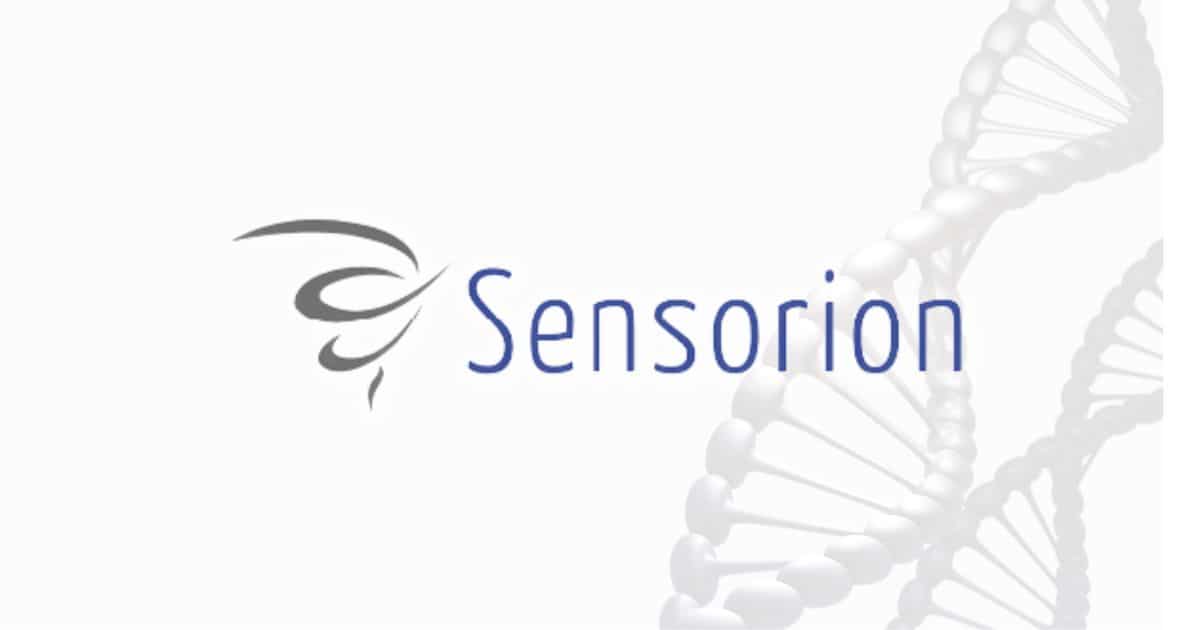MONTPELLIER, FRANCE — Sensorion (FR0012596468 – ALSEN), a pioneering clinical-stage biotechnology company specializing in the development of novel therapies to restore, treat, and prevent hearing loss disorders, today announced the completion of enrollment for the first cohort of its Audiogene Phase 1/2 gene therapy clinical trial.
Successful Completion of First Cohort Enrollment Marks Key Milestone
Recruitment of the first cohort, consisting of three patients, was completed as planned, with the final patient receiving an injection of the SENS-501 gene therapy product in December 2024. The intra-cochlear administration of the therapy was well tolerated across all patients, with no serious adverse events reported.
Audiogene represents the first gene therapy clinical trial targeting a homogeneous population of infants and toddlers (aged 6 to 31 months) who are naïve to cochlear implants. The study is designed to evaluate the safety, tolerability, and preliminary efficacy of SENS-501, with the ultimate goal of restoring hearing and enabling the development of normal speech and language in affected children.
“I am very pleased with the progress Sensorion has realized in its Phase 1/2 gene therapy clinical trial. The injection of the third and final patient in the first cohort, less than a year after receiving clinical trial application authorization, is a significant accomplishment. I am eagerly looking forward to our KOL event in early 2025, where we will present and discuss a broader set of data measurements and insights.”
–Nawal Ouzren, Chief Executive Officer of Sensorion
Sensorion plans to share interim data from this first cohort in the coming months, providing further clarity on the safety and initial efficacy outcomes of the trial.
This milestone reflects Sensorion’s commitment to advancing gene therapies for hearing loss and underscores the potential of SENS-501 to transform the lives of patients with OTOF gene-mediated hearing loss.
About the Audiogene Trial
Audiogene aims to evaluate the safety, tolerability, and efficacy of intra-cochlear injection of SENS-501 for the treatment of OTOF gene-mediated hearing loss in infants and toddlers aged 6 to 31 months at the time of gene therapy treatment. By targeting the first years of life, when brain plasticity is optimal, the chances of these young children with pre-linguistic hearing loss acquiring normal speech and language are maximized. The study comprises two cohorts of two doses followed by an expansion cohort at the selected dose. While safety will be the primary endpoint of the first part of the dose escalation study, auditory brainstem response (ABR) will be the primary efficacy endpoint of the second part of the expansion. Audiogene will also evaluate the clinical safety, performance, and ease-of-use of the delivery system developed by Sensorion.
About SENS-501
SENS-501 (OTOF-GT) is an innovative gene therapy program developed to treat a specific form of congenital deafness linked to mutations in the OTOF (otoferlin) gene. This gene plays a key role in the transmission of auditory signals between the hair cells of the inner ear and the auditory nerve. When this gene is defective, affected individuals are born with severe to profound hearing loss. The aim of SENS-501 (OTOF-GT) is to restore hearing by introducing a functional copy of the OTOF gene directly into hair cells via viral vector technology (AAV). By replacing the defective gene, this therapy aims to restore the normal process of converting sound into electrical signals, enabling patients to regain their hearing ability. Currently in clinical research phase, this gene therapy program represents significant hope for families affected by this rare form of genetic deafness. SENS-501 (OTOF-GT) embodies a commitment to scientific innovation in the field of hearing, with the potential to dramatically improve the quality of life of patients suffering from genetic deafness.
This gene therapy for patients suffering from otoferlin deficiency has been developed in the framework of RHU AUDINNOVE, a consortium composed of Sensorion with the Necker Enfants Malades Hospital, the Institut Pasteur, and the Fondation pour l’Audition. The project is partially financed by the French National Research Agency, through the “investing for the future” program (ref: ANR-18-RHUS-0007).
About Sensorion
Sensorion is a pioneering clinical-stage biotech company, which specializes in the development of novel therapies to restore, treat and prevent hearing loss disorders, a significant global unmet medical need. Sensorion has built a unique R&D technology platform to expand its understanding of the pathophysiology and etiology of inner ear related diseases, enabling it to select the best targets and mechanisms of action for drug candidates.
It has two gene therapy programs aimed at correcting hereditary monogenic forms of deafness, developed in the framework of its broad strategic collaboration focused on the genetics of hearing with the Institut Pasteur. OTOF-GT targets deafness caused by mutations of the gene encoding for otoferlin and GJB2-GT targets hearing loss related to mutations in GJB2 gene to potentially address important hearing loss segments in adults and children. The Company is also working on the identification of biomarkers to improve diagnosis of these underserved illnesses.
Sensorion’s portfolio also comprises clinical-stage small molecule programs for the treatment and prevention of hearing loss disorders.
Sensorion’s clinical-stage portfolio includes one Phase 2 product: SENS-401 (Arazasetron) progressing in a planned Phase 2 proof of concept clinical study of SENS-401 in Cisplatin-Induced Ototoxicity (CIO) and, with partner Cochlear Limited, in a study of SENS-401 in patients scheduled for cochlear implantation. A Phase 2 study of SENS-401 was also completed in Sudden Sensorineural Hearing Loss (SSNHL) in January 2022.
Source: Sensorion






